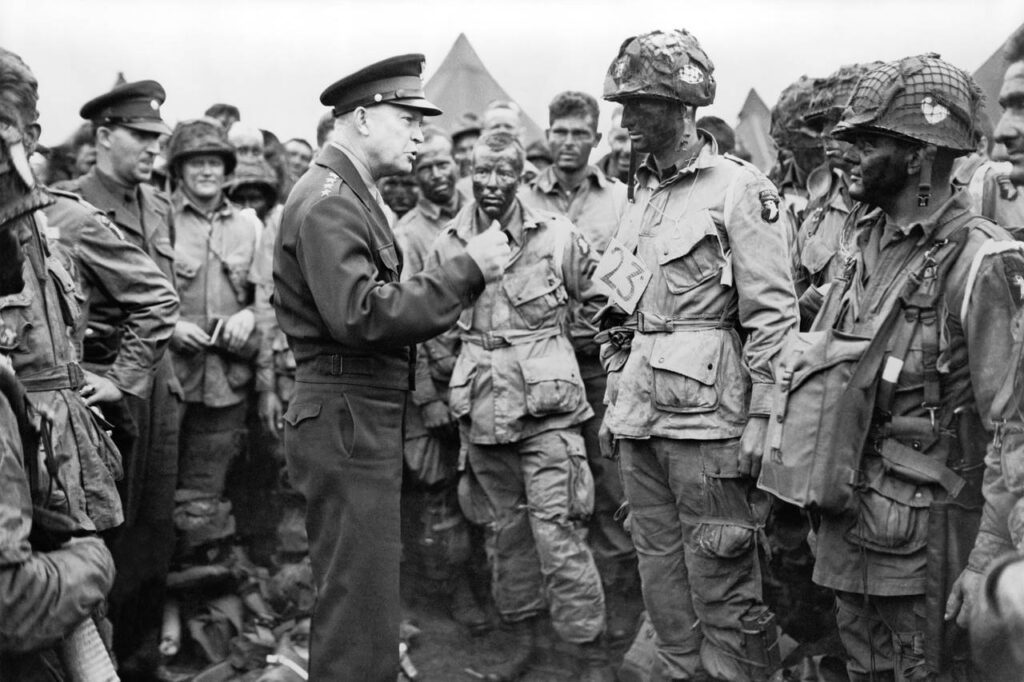Overall, Ryan’s book stands as a testament to the courage and sacrifice of those who fought on the beaches of Normandy on that fateful day. The Longest Day serves as a poignant reminder of the monumental efforts and incredible bravery exhibited by the Allied forces during the D-Day invasion. This review aims to showcase the enduring impact and importance of Ryan’s work in shedding light on this pivotal moment in history. As readers delve into the pages of The Longest Day, they are transported back in time to witness the triumphs and tragedies of one of the most significant military operations of the 20th century.
The Longest Day: A Review of Cornelius Ryan’s Landmark D-Day Account
Introduction
Cornelius Ryan’s book The Longest Day is a seminal work that provides a comprehensive account of one of the most pivotal events in World War II – the D-Day invasion. Published in 1959, the book quickly became a bestseller and has since been hailed as a classic work of military history. In this review, we will explore the key themes and strengths of Ryan’s account, as well as examine its lasting impact on our understanding of this momentous historical event.
Background
The D-Day invasion, which took place on June 6, 1944, was a crucial turning point in the war against Nazi Germany. As Allied forces landed on the beaches of Normandy, they initiated a massive assault that ultimately led to the liberation of Europe from German occupation. The operation was meticulously planned and executed, and its success was essential to the eventual defeat of the Axis powers.
Ryan’s Approach
In The Longest Day, Cornelius Ryan offers a detailed and vivid retelling of the events leading up to and following the D-Day invasion. Drawing on extensive research and firsthand accounts from soldiers who participated in the operation, Ryan creates a compelling narrative that immerses the reader in the chaos and heroism of the battle.
Ryan’s writing style is clear and engaging, and he effectively conveys the scale and intensity of the D-Day invasion. By focusing on individual experiences and perspectives, Ryan provides a human dimension to the story, highlighting the sacrifices and courage of the men who fought on that fateful day.
Key Themes
One of the key themes of The Longest Day is the sheer scale and complexity of the D-Day operation. Ryan meticulously details the planning and logistics involved in the invasion, from the selection of landing sites to the coordination of air and naval support. He also explores the challenges faced by Allied commanders and soldiers, including bad weather, German resistance, and the fog of war.
Another important theme in the book is the personal stories of the men who participated in the invasion. Ryan brings to life the experiences of soldiers from diverse backgrounds and nationalities, highlighting their fears, motivations, and acts of bravery. Through these individual narratives, Ryan humanizes the immense undertaking of D-Day and pays tribute to the countless men who gave their lives for the cause of freedom.
Impact and Legacy
The Longest Day has had a lasting impact on our understanding of the D-Day invasion and its significance in World War II. Ryan’s meticulous research and vivid storytelling have made the book a landmark work in the field of military history, garnering praise from readers and critics alike. The book has also been adapted into a successful film and remains a popular choice for readers interested in learning more about this pivotal moment in history.
In conclusion, Cornelius Ryan’s The Longest Day is a powerful and evocative account of the D-Day invasion, offering a detailed and humanistic perspective on one of the defining moments of World War II. Through its careful research and compelling storytelling, the book remains a timeless classic that continues to educate and inspire readers today.
